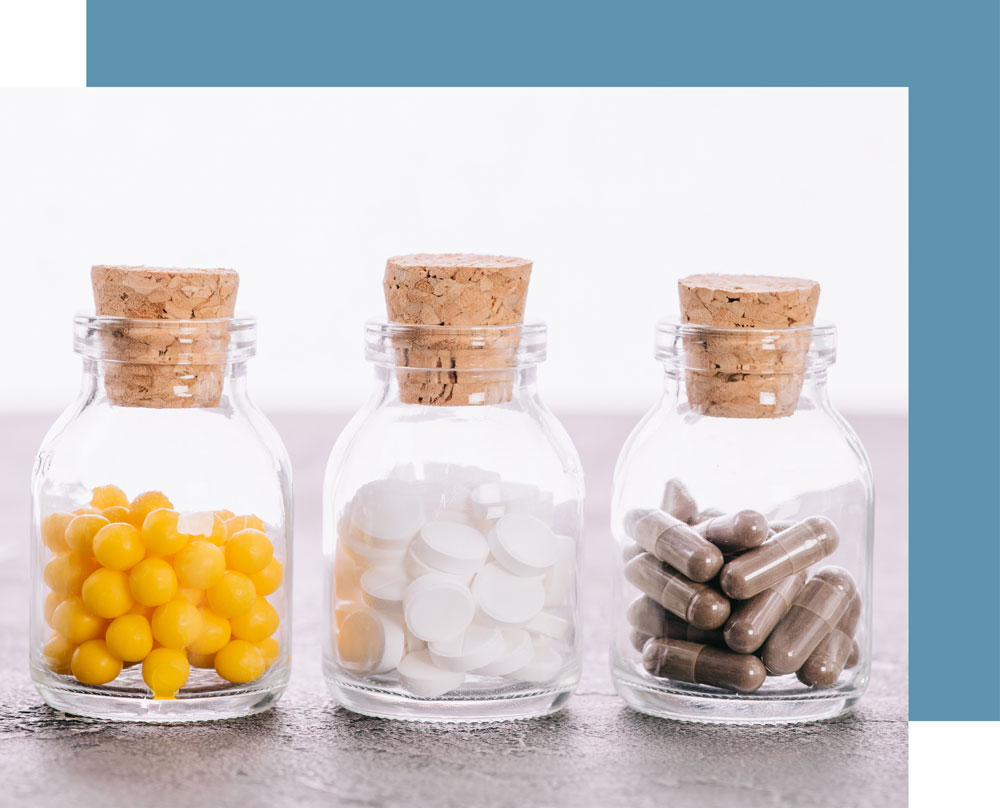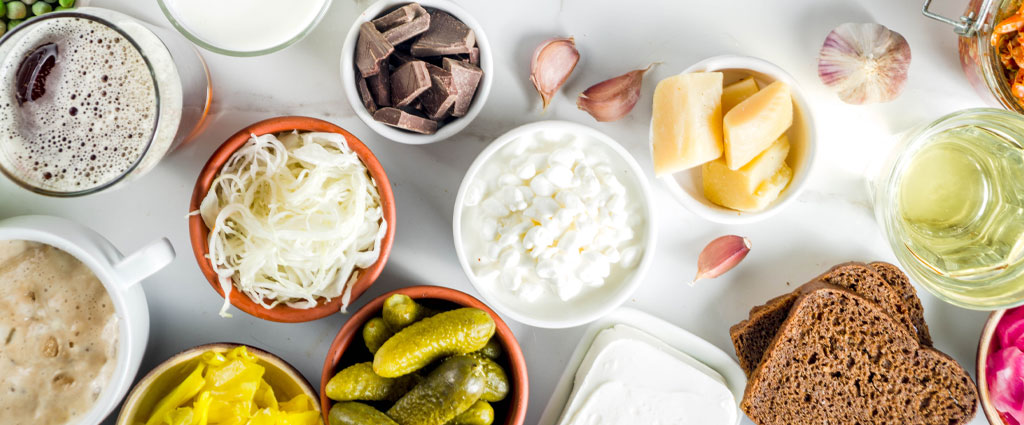With 100 trillion bacteria already living in our gut, you may be wondering about the benefits of adding more with a probiotic. If we all maintained perfect diets high in fiber, low in sugar and saturated fats, and free of alcohol and caffeine, a probiotic may not be necessary, but even the healthiest among us need a little good bacteria backup now and then. Plus, the benefits of probiotics extend beyond soothing the occasional bloating and cramping.
Probiotics can aid in preventing and treating some inflammatory ailments.
Probiotic supplements should never be used in place of medications prescribed by your doctor, but the addition of a capsule to your daily regimen may help treat or prevent diarrhea, irritable bowel syndrome, Crohn’s disease, ulcerative colitis, eczema, acne and even arthritis. This is because probiotics help to reduce inflammation in the body.
Supplements take the guesswork out of probiotic intake.
While you can ingest natural probiotics in the form of fermented foods, like yogurt, kimchi and tempeh, supplements ensure you’re getting the amount of good bacteria you need. “Food sources of probiotics often lack the therapeutic dose, stability and particular strains of bacteria composition that are necessary for the same benefit that you would get from a supplement that’s been clinically tested,” says Minnesota-based nutritionist Emma Harvie. “You can’t really control food in the same way.”







Share this Post